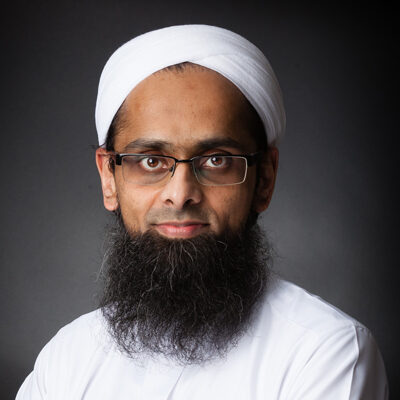Four of the country’s leading academy trusts have created a new teacher training body that has bid to run the government’s flagship £121 million Institute of Teaching.
Harris Federation, Outwood Grange Academies Trust (OGAT), Star Academies and Oasis Community Learning have co-founded the School Led Development Trust (SLDT).
The SLDT was formally incorporated as a company operating “for the public benefit” on 31 May last year, with the four trusts as members and their chief executives as directors.
The registration came only a few weeks after the Department for Education began the tender process for the operation of its new Institute of Teaching (IoT).
The trusts confirmed they had bid for the contract and were now awaiting the outcome.
The Ambition Institute is also in the running, with the process believed to be in the final stages and a decision due within weeks. The contract is due to start in February.
A DfE spokesperson said the operator would be announced “in due course”, ahead of the planned launch later this year.

Institute of Teaching to be country’s ‘flagship’ provider
The IoT will be the country’s “flagship teacher and leader development provider” and must have at least four regional campuses. The government has said a pilot will begin in September, with 500 trainees from September 2023 and 1,000 the following year.
The winning organisation or consortium is due to receive £121 million to run the body over six years, though only £17 million is guaranteed to set up and run the body. The rest is dependent on recruitment and future spending reviews.
An SLDT spokesperson said the group would provide professional development “from initial teacher training through to executive headship”.

Its “strength lies in its collaborative approach” and having four trusts on board gave it “considerable reach, capacity and energy”, the spokesperson added.
Sir Dan Moynihan, chief executive of Harris, told Schools Week that the organisation would be a “ground-breaking initiative to incubate and share best practice” across the country.
But it is not clear how far the organisation’s future rests on winning the IoT contract. The spokesperson declined to comment further.
The trusts also already run their own teacher training programmes.
The SLDT’s plans align to the IoT’s remit – offering training for new, early career and senior staff alike, and sharing best practice.
ECF and NPQs part of IoT’s new remit
The IoT will deliver the early career framework (ECF) for new teachers and national professional qualifications (NPQs) for more experienced staff as part of the DfE’s wider overhaul of teacher training.

The IoT will also attempt to replicate the approach of schools which “combine high standards of pupil behaviour and discipline with a broad knowledge-based and ambitious curriculum”, according to the DfE.
Such statements have sparked concerns that more of the DfE’s preferred teaching methods could be imposed on the sector. There are also fears it could threaten the viability of existing training providers.
The SLDT spokesperson said member trusts had a “proven track record” on both educational outcomes and teacher development.
“The trust is the next organic stage in the national evolution of a school-led system that recognises that the deepest knowledge and most effective practice is generated by colleagues in schools,” they added.
The trusts also have a comprehensive cover of the country, with at least one academy in each of the eight regional school commissioner regions.
Martyn Oliver, OGAT chief executive, said that “every region has good practice to share and deep-seated problems to remedy.

He added: “In the north our challenge is to arrest underperformance in cold spots where response to earlier initiatives has not been sustained.”
Sir Hamid Patel, chief executive of Star, said that “levelling up can only be achieved by colleagues sharing their wisdom and disseminating practice that actually works”.
John Murphy, chief executive of Oasis Community Learning, said the trusts had long-standing relationships, but Covid had fuelled even greater collaboration among their and other leaders.
Ambition Institute was contacted for comment. It is understood its bid also includes partner academy trusts.








We can only hope that such large sums will be utilised to ensure ‘training’ of all teachers/lecturers includes much more than their subject specialism.
This is important today as we realise the gaps in understanding of how neuro diversity affects the pace at which children develop and learn. Chronological age, prior trauma, mental and physical health have much influence on many brilliant minds and must be taken into account in an age znd time served education system as used at present.
This is particularly important to avoid large cohorts being disadvantaged.
As far as ‘discipline’ is concerned, in an age where self led independent learning is beginning to emerge, inclusion not exclusion is the way forward and to take as long as is needed and according to interests, aptitudes and abilities shown, identified and recorded by the individual and mentor, adviser/coach, facilitator or teacher.